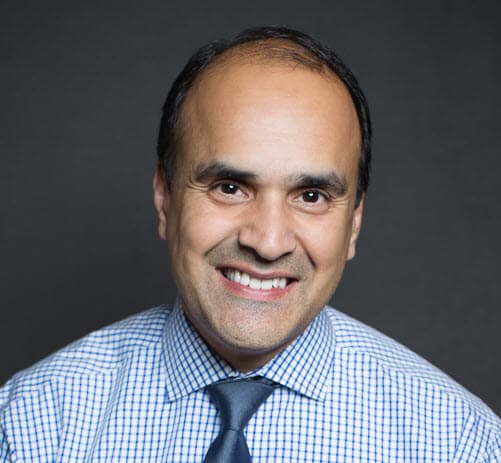
@ShahidNShah


Matthew wrote an article recently entitled Can doctors ever learn to love the EMR?. As interesting as the article was, the comments it generated were even more interesting. What some of the readers wrote is worth reviewing:
Allan wrote:
One hypothesis that needs to be considered is that the first “wave” of EMR/CPOE implementations were led by medical organizations that already had their “act together” and that the addition of a tool (the EMR) designed to enhance the specific operating environment in which those organizations provide care. The desire to replicate those results has likely led to the proposed or actual adoption of generic EMR/CPOE systems that would likely not be effective without a rethinking of the delivery processes in conjunction with the implementation.
Matt responded:
I couldn’t agree more that technology alone isn’t the answer. Process redesign as an outgrowth of data-driven performance improvement is. I also agree EMR systems are nowhere near as sophisticated as they should be. Gartner has a 5-stage model that describs EMRs (Stage 1= Data Collector and Stage 5 = Mentor, if I recall). No EMR on the market meets all of the requirements for even Stage 3 (Helper).
Theorajones wrote:
EMRs and CPOEs are good not only because they allow us to measure, as described above. They are good precisely because of their destabilizing impact on practice patterns. They force us to actually look at our ad-hoc and chaotic care delivery systems. One actually has an opportunity to ask the question, “um, why do we do things this way? It seems really stupid.”
There is absolutely no question that when healthcare IT is properly implemented, care is improved. I think it’s a rather spoiled “professional” who thinks it’s more important to preserve his self-image as a cowboy and not a functionary, and who would prefer to see care rationed than be forced to do his job better.
Eric Novak responded:
Healthcare rationing is about to take a big step forward when January rolls around and the 4.4% Medicare pay cut for providers (4.8% increase for hospitals, by the way) results in diminshed access to care.
I loved what Rick said:
I’m about tired of hearing defeatism and the can’t-do mentality out of physicians, hospitals and health plans. Someone needs to take the lead, take a can-do approach and move the ball down the field on improving care, reducing errors, and increasing efficiency.
One of my favorite statements came from Tome Leith:
Since some organizations were able to improve without an EMR, this says there is a great deal we can measure even if we use the billing abstraction as a proxy for a clinical abstraction we only dream of.
I do not think it is existence of the EMR that brings about the improvements — I think it is that the act of implementing an EMR causes people to think about what they’re doing. And then it helps make sure they actually do it. Everything else the EMR brings is a bonus.
And Stuart Gitlow MD puts a fine point on it:
I’m a longtime early adopter of technology; I used to work for Apple Computer and wrote my first EMR program in 1987 with Apple’s HyperCard. But do I use an EMR in the office these days when I’m seeing patients? Absolutely not, and for all the reasons Dr. Clark mentioned. It doesn’t improve efficiency; it doesn’t improve treatment; and it doesn’t reduce errors. The only ones making the arguments for moving toward EMRs are politicians who are grabbing onto them as a potential and unproven method for reducing an already-low medical error rate by an additional fractional amount, and the third party payors, who are attracted to the fact that EMR data, when collected in one large pool, will provide them with an incredible amount of market research. For the small and medium sized physician offices, there’s no question that even the advanced and very expensive packages simply slow things down. Because when you come down to it, this is a point-of-sale package in search of a “point,” and the point is made up of rapport between two individuals, not the sale of a box of Jell-O. You can’t make rapport more efficient!
Bob Coffield at the Healthcare Law Blog also has a great article which references this article and poses some excellent questions about EMRs.
Isn’t the blogosphere and the Internet wonderful? It would take thousands of dollars and months to put together a focus group of professionals to get us this kind of input. Now, Matthew’s given it to us health IT guys for free. Thanks, Matthew 🙂

Shahid Shah is an internationally recognized enterprise software guru that specializes in digital health with an emphasis on e-health, EHR/EMR, big data, iOT, data interoperability, med device connectivity, and bioinformatics.
Connecting innovation decision makers to authoritative information, institutions, people and insights.
Medigy accurately delivers healthcare and technology information, news and insight from around the world.
Medigy surfaces the world's best crowdsourced health tech offerings with social interactions and peer reviews.
© 2023 Netspective Media LLC. All Rights Reserved.
Built on Jan 17, 2023 at 9:26am